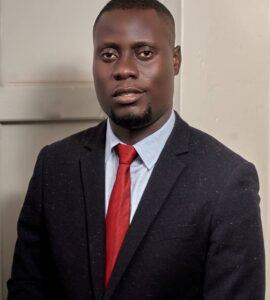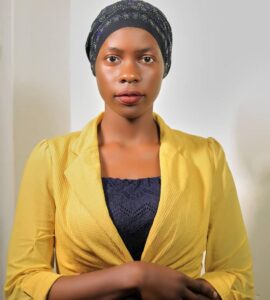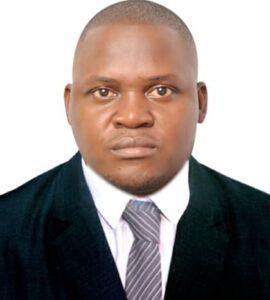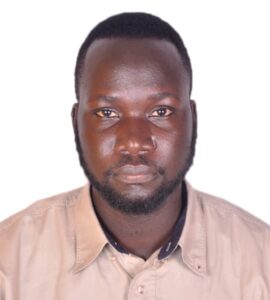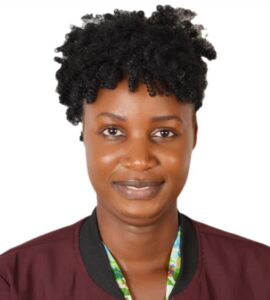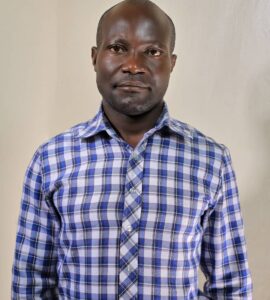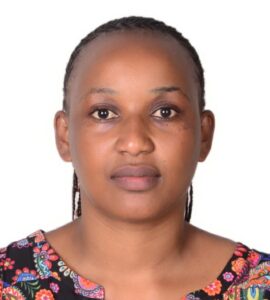"Nestled within the heart of Buikwe district to ensure that Children with disabilities don’t just Survive - but thrive."
Where We Work
SPACE Uganda operates in the rural communities of Buikwe District, Uganda, where children and young people with disabilities often face significant barriers to accessing education, healthcare, mobility, economic support and inclusion. These challenges are further compounded
by stigma, poverty, and limited resources, leaving families struggling to provide the support their children need to thrive.
Our work focuses on reaching the most marginalized children and their families, bringing services and support closer to them. We are embedded in the heart of the communities we serve, working directly with families, schools, and local leaders to build inclusive, supportive
environments for children with disabilities.
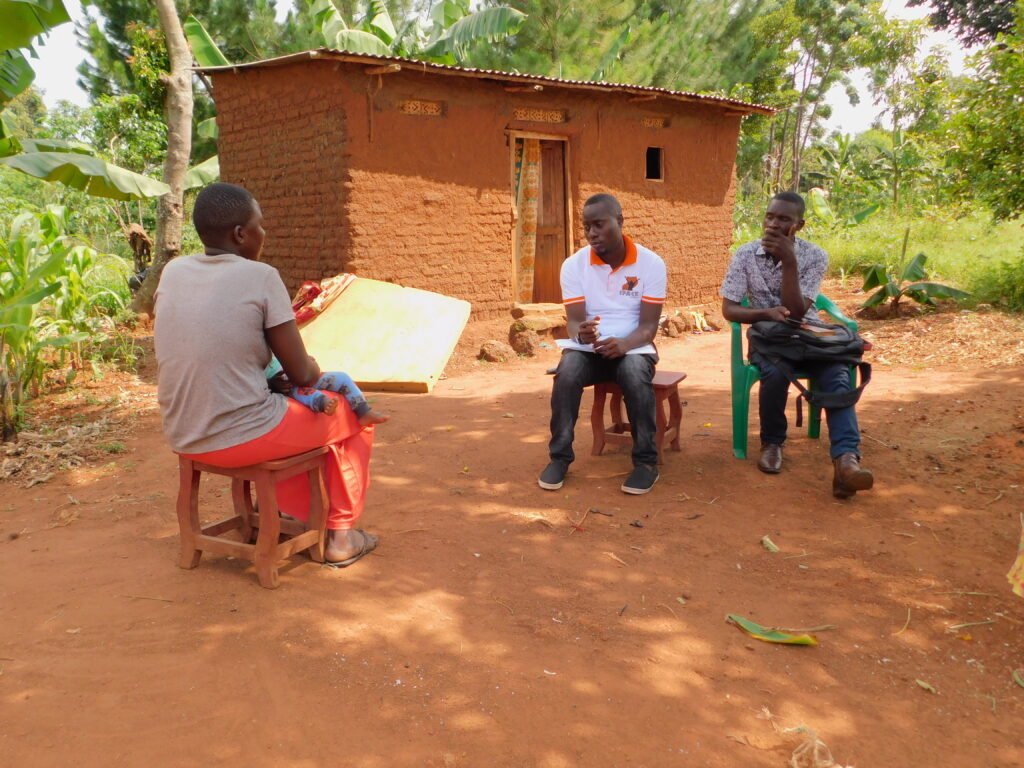
OUR MISSION
We exist to create inclusive communities where children and young people with disabilities can gain their value, dignity, self-confidence, and thrive in life through resilient social and economic empowerment programs.
OUR VISION
We envision a society where children and young people with disabilities live up to their full potential as equal and participating members of society
OUR VALUES
They are the foundation of our work. Our core values guide the way the staff and volunteers at SPACE Uganda respond to children and young people with disabilities, to each other as staff, to the environment and to the larger community. We recognize the following as our irreducible core values:
- 1. Inclusivity:
- We believe every child has the right to be accepted, valued, and included in their family and community.
- 2. Empowerment:
- We strive to equip caregivers and families with the tools, skills, and confidence to overcome challenges and succeed.
- 3. Dignity:
- Respect and human rights are at the heart of everything we do.
- 4. Collaboration:
- We work hand-in-hand with families, communities, and partners to create lasting change.
- 5. Resilience:
- We celebrate the strength and determination of children, young people, and their families as they overcome barriers.
- 6. Integrity:
- we are consistently open, honest, ethical, and genuine as individuals and in our work.
- 7. Innovative:
- We strive to pioneer new approaches on how we solve community problems faced by children and young people with disabilities.
OUR STRATEGIC OBJECTIVES
- Ensure that children and young people with disabilities have access to high-quality, inclusive education that supports their learning and development.
- Facilitate access to physiotherapy, corrective surgery, and essential healthcare services, while providing assistive devices such as wheelchairs and mobility aids to enhance independence and mobility.
- Empower parents and caregivers with skills and resources to generate sustainable incomes, while fostering community support networks to combat stigma and isolation.
- Educate communities about the rights of children with disabilities and actively challenge stigma and discrimination through targeted public awareness campaigns.
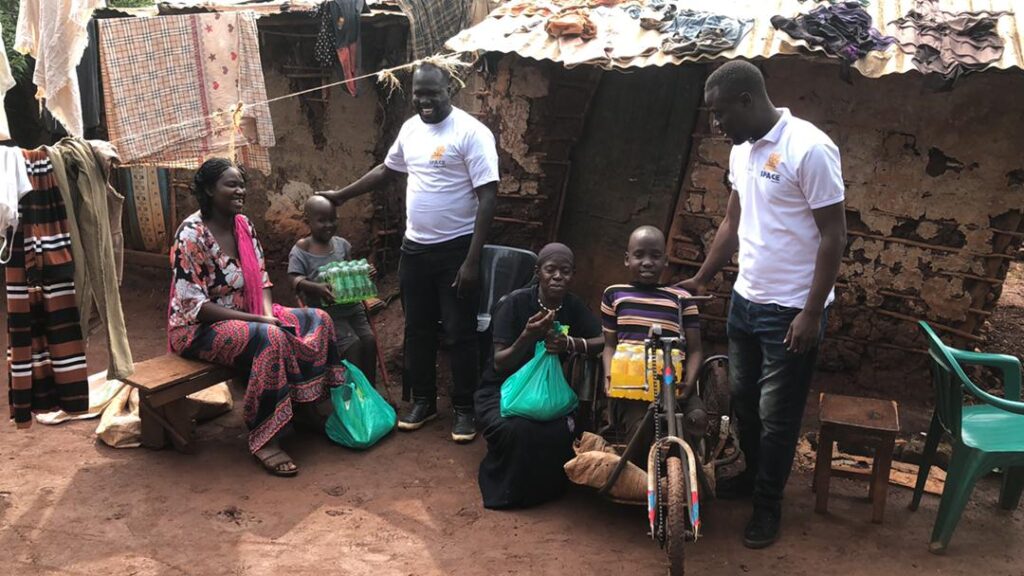
WHY WE WORK
DISABILITY IN UGANDA
Disability affects millions of people in Uganda, yet individuals with disabilities often face significant barriers to inclusion and opportunity. From stigma and limited access to education to inadequate healthcare services, people with disabilities are among the most marginalized in society. While efforts to address these challenges are growing, much work remains to be done to create a truly inclusive Uganda.
Key Facts About Disability in Uganda
- Prevalence: According to the Uganda Bureau of Statistics, approximately 12.4% of the population lives with a disability, with higher rates in rural areas like Buikwe district due to poverty, malnutrition, and limited access to healthcare.
- Children with Disabilities: An estimated 2.5 million children in Uganda live with some form of disability. Many of these children are excluded from school, healthcare, and social activities.
- Causes of Disability: Disabilities in Uganda often result from preventable causes, such as inadequate maternal healthcare, lack of immunizations, malnutrition, accidents, and untreated illnesses.
- Education gap: only 9% of children with disabilities complete primary school compared to 67% of their peers due to inaccessible facilities and resources
- Poverty link: 80% of people with disabilities live below the poverty line facing stigma, and job barriers despite skills or potential
- Legal progress: Uganda’s constitution (1995) and persons with disabilities Act (2020) protects rights but implementation lags especially in rural areas
- SPACE Uganda’s impact: we are tackling these gaps by providing education, nutrition, mobility support, healthcare, and skills training to help kids and youth thrive.
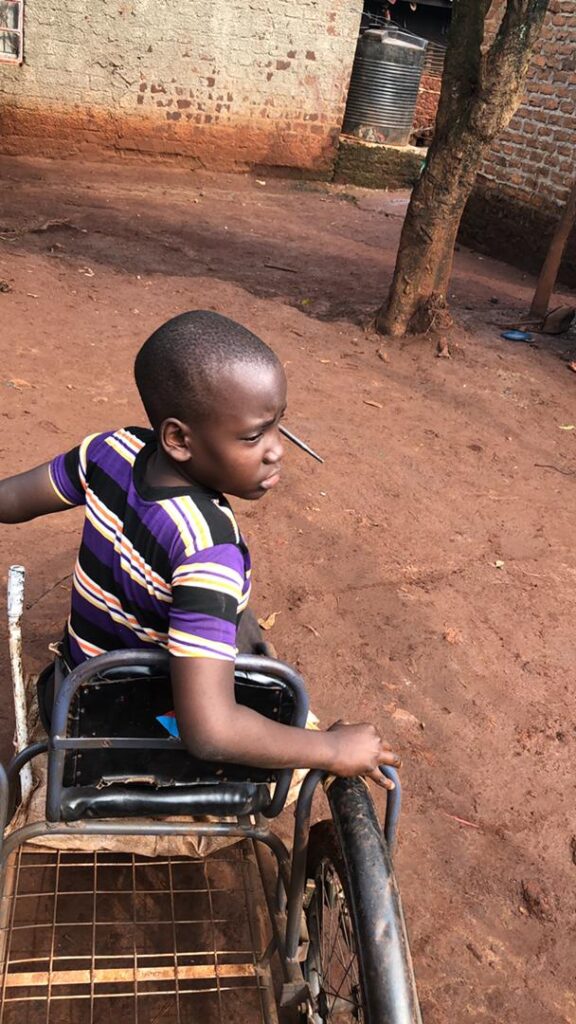
What is life like for a child with a disability
in a country like Uganda?
- Children with disabilities often suffer in silence, hidden away from society. In some cases, their parents are so ashamed or afraid that they never allow them to be seen in public. These children are sadly regarded as a “curse” to their families and denied the opportunity to experience the world around them. It’s a heartbreaking reality that results in a lifetime of isolation and exclusion.
- Kids with disabilities are less likely to attend school, more likely to begin education late, and more likely to drop out. The vast majority of these children receive no education, they are absent from school data sets and invisible on the national policy agenda.
- Kids who have disabilities are often left marginalized and vulnerable, and without a community of support, families are unsure how to care for their children. Without knowledge, financial resources, and guidance, many parents struggle to provide their children with the care they need.
- Children with disabilities often lack self-esteem and self-confidence. Additionally, they face challenges in reporting violations of their human rights due to social exclusion. Without a voice or platform to advocate for themselves, many remain unheard and unprotected.
- Children with disabilities still encounter physical and emotional abuse inside and outside homes and in the communities. Discrimination and mistreatment remain a harsh reality, and without strong protection systems, many are left vulnerable to neglect and exploitation.
- Many children with disabilities require specialized medical care, physiotherapy, or assistive devices to improve their quality of life. However, healthcare services in rural Uganda are scarce, expensive, or completely unavailable, leaving many families without options.
- Many families live in poverty, making it difficult to afford even basic needs like food, healthcare, and education. In many cases, parents especially mothers are forced to quit their jobs or businesses to become full-time caregivers.
- While Uganda has laws and policies aimed at protecting the rights of people with disabilities, enforcement remains weak, particularly in rural areas. Many children with disabilities lack access to legal representation, making it difficult for them to seek justice when their rights are violated.
OUR TEAM
a nurturing environment for children with disabilities.

